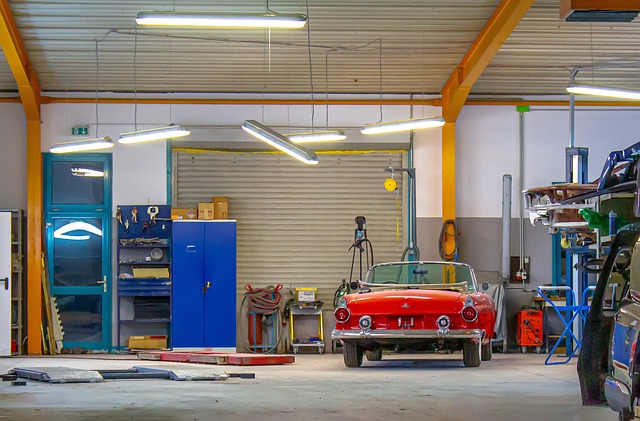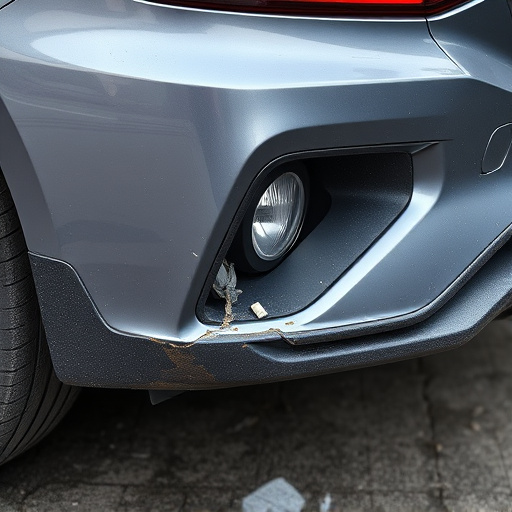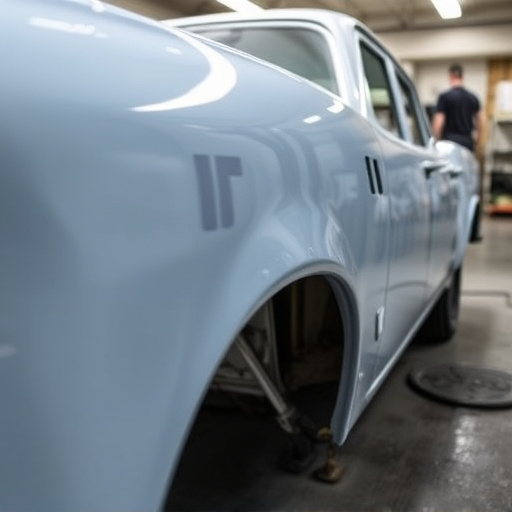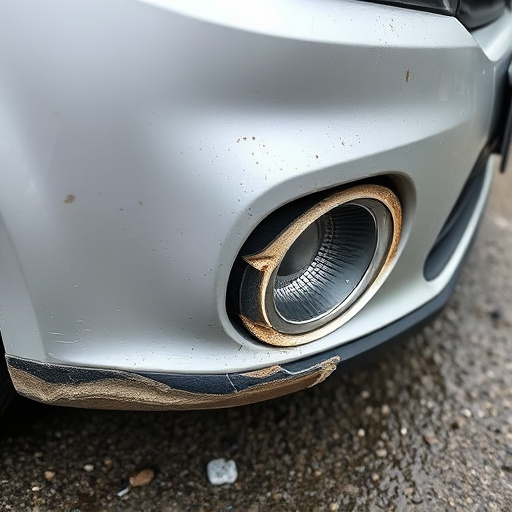The transfer case accident inspection involves assessing gears, bearings, and fluid levels to prevent mechanical failures. Early detection of leaks, corrosion, or damage through fluid analysis can avert extensive auto body repairs and drivetrain problems. Regular fluid analysis is crucial for preventive maintenance, ensuring smooth operation, enhanced safety, reduced downtime, and extended component lifespans.
In the realm of vehicle maintenance, a thorough understanding of transfer case dynamics is crucial for preventing costly accidents. This article explores the significance of fluid check during transfer case inspection. By delving into the role of fluid analysis, we uncover its pivotal position in identifying potential issues before they escalate. Regular preventive maintenance, enabled by proactive fluid assessments, offers substantial benefits, ensuring your vehicle’s smooth operation and reducing the risk of unexpected breakdowns during transfer case accidents.
- Understanding Transfer Case Dynamics in Vehicles
- Unveiling Fluid Check's Role in Inspection Process
- Preventive Maintenance: Benefits of Regular Fluid Analysis
Understanding Transfer Case Dynamics in Vehicles
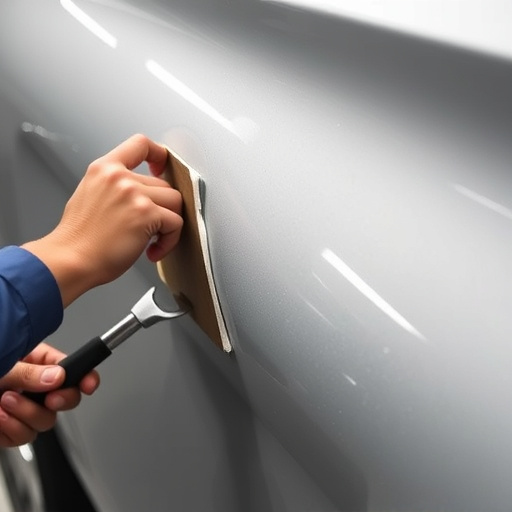
The transfer case is a critical component in four-wheel drive and all-wheel drive vehicles, responsible for distributing power to all wheels, enabling enhanced traction and control. Understanding its dynamics is crucial during vehicle inspection, especially in the event of a transfer case accident. This complex system involves intricate gears, bearings, and shafts that work harmoniously to ensure smooth power transfer. A thorough inspection should assess these parts for signs of damage or wear, as even minor issues can compromise the vehicle’s performance and safety.
During a transfer case inspection, mechanics pay close attention to fluid levels and condition. The fluid acts as both a lubricant and a coolant, playing a vital role in preventing overheating and mechanical failure. By checking the fluid color, level, and any signs of contamination or odd smells, technicians can predict potential problems. Prompt identification of issues like leaks, corrosion, or damage can prevent more severe auto body repairs, including those for fender benders or rear-end collisions. Even minor transfers case accidents may require specialized auto glass replacement if the impact affects the surrounding components.
Unveiling Fluid Check's Role in Inspection Process

In the realm of transfer case inspection, particularly after a potential accident or during routine maintenance, the fluid check stands as a pivotal step. This process involves scrutinizing the health and level of the transfer case fluid, which plays an indispensable role in ensuring the smooth operation of the entire drivetrain system. By delving into this seemingly mundane task, automotive restoration experts can uncover crucial insights about the vehicle’s condition, especially in cases where a transfer case accident has occurred.
A classic car restoration or even a regular vehicle repair often requires a comprehensive understanding of the intricate components within the transfer case. The fluid check serves as a window into this complex machinery, revealing potential issues such as leaks, contamination, or inadequate lubrication—all of which can be detrimental to the vehicle’s performance and longevity. Thus, it is not an oversimplification to state that this simple yet vital step in the inspection process can prevent more serious problems down the line, making it an indispensable practice in both classic car restoration and modern vehicle repair scenarios.
Preventive Maintenance: Benefits of Regular Fluid Analysis

Regular fluid analysis is an integral part of preventive maintenance for any vehicle, and the transfer case is no exception. In the context of a transfer case accident inspection, understanding the benefits of routine checks cannot be overstated. By analyzing the fluids, automotive repair services professionals can detect potential issues early on, long before they escalate into costly repairs or even worse, accidents. This proactive approach allows for timely intervention, ensuring the smooth operation of the transfer case and enhancing the overall safety and performance of the vehicle.
In an auto body shop setting, preventive maintenance is a key strategy to reduce downtime and extend the lifespan of various components, including the transfer case. Through fluid analysis, car repair services specialists can identify contamination, degradation, or abnormal wear patterns, enabling them to make informed decisions regarding replacement parts and servicing routines. This not only saves time and money for both customers and auto body shops but also contributes to safer driving conditions, as a well-maintained transfer case is crucial for optimal vehicle handling and traction during various road conditions.
Regular fluid checks are an indispensable part of any comprehensive transfer case inspection, serving as a crucial preventive maintenance tool. By analyzing the condition of fluids like gear oil, mechanics can identify potential issues before they lead to costly transfer case accidents. Embracing this practice ensures optimal performance and longevity of your vehicle’s drivetrain components, ultimately saving time and money in the long run.
